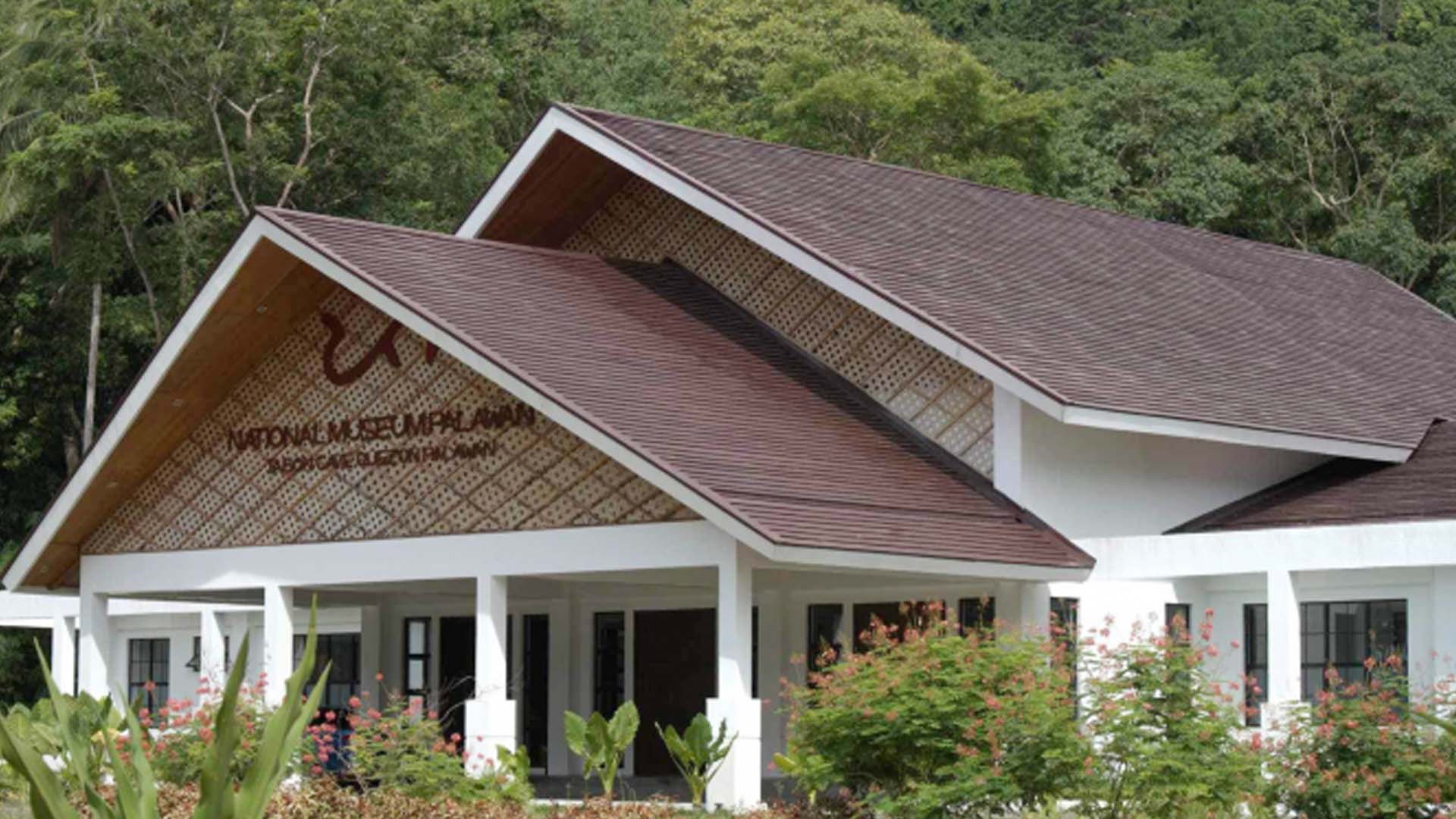The National Museum of the Philippines (NMP) has formally inaugurated its newest facility located right at the Tabon Cave Complex at Lipuun Point in this town.
Governor Victorino Dennis Socrates, 2nd District Palawan Rep. Jose Alvarez, Quezon Mayor Joselito Ayala, NMP Director General Jeremy Barns, and members of the provincial board were present during the inauguration on Thursday of what is expected to be Palawan’s latest tourist attraction.
The cave complex is located in a forested area on the west coast of Palawan, about 160 kilometers by road from the provincial capital Puerto Princesa.
It is the site where scientists unearthed the oldest Homo sapiens sapiens (a subspecies of Homo sapiens to which modern human beings belong) fossil evidence in Southeast Asia, supposedly dating over 45,000 years old.
In his speech, Barns lauded the partnership between the NMP and the provincial government of Palawan, expressing hope for the preservation of the area for future generations.
“For many years, Palawan has been at the forefront of tourism, cultural heritage promotion, and environmental protection. And on this day, moving forward, the National Museum of the Philippines is very happy to be counted in this journey towards a sustainable community by providing our quality exhibitions, scientific studies, and all our public services here in this beautiful province,” he said.
Barns emphasized that with the support of local government officials, the commitment to preserving the caves as a cultural and natural heritage site is expected to reach new heights.
He highlighted the vision of making the Tabon Cave Complex and Lipuun Point a center for celebrating Filipino identity.
Tracing the origins of this vision back to the pioneering archaeological work of Dr. Robert Fox over fifty years ago, Barns noted the expansion of the National Museum of the Philippines’ activities in the area, from initial research to the development of public programs designed to further this mission.
This, he pointed out, underscores the significance of the Tabon Cave Complex and Lipuun Point within the museum’s broader goals.
Socrates described the museum as beneficial to Palawan’s tourism and heritage awareness.
“This is historic not only because it marks a new beginning, a new chapter in our history as a people, but also because we are actually celebrating our deep past—the beginning of civilization in Palawan,” Socrates said.
“So, this will definitely help the tourism industry in Palawan, as well as make us more conscious of our heritage,” he added.
Dr. Ivan Henares, Secretary-General of the UNESCO National Commission of the Philippines (UNACOM), also provided an update on the nomination of the Tabon Cave Complex and Lipuun Point as a UNESCO World Heritage Site during the event.
He stressed the exceptional global significance of Tabon and the important support provided by the NMP in the nomination process, particularly its extensive and ongoing research at the site.
Deputy Director-General for Museums Jorell Legaspi introduced the museum’s exhibitions, which are based on extensive research.
The museum, open Tuesday to Sunday, offers free admission to its four galleries: Palawan: A Cradle of Heritage, Surviving Heritage: The Tabon Cave Complex and Its Diversity, BITÚUN: The Spatial and Temporal Domains of Palawan Life, and Stories of Origin: The Archaeology of the Tabon Caves.
Quezon Mayor Joselito Ayala also expressed gratitude towards the provincial government for their support and requested additional help to achieve World Heritage Site status for the Tabon Cave.
Ayala believes that the enhanced status of the Tabon Caves will significantly increase tourism in the town, which will require further development of infrastructure to accommodate the expected increase in visitors. (PNA)





